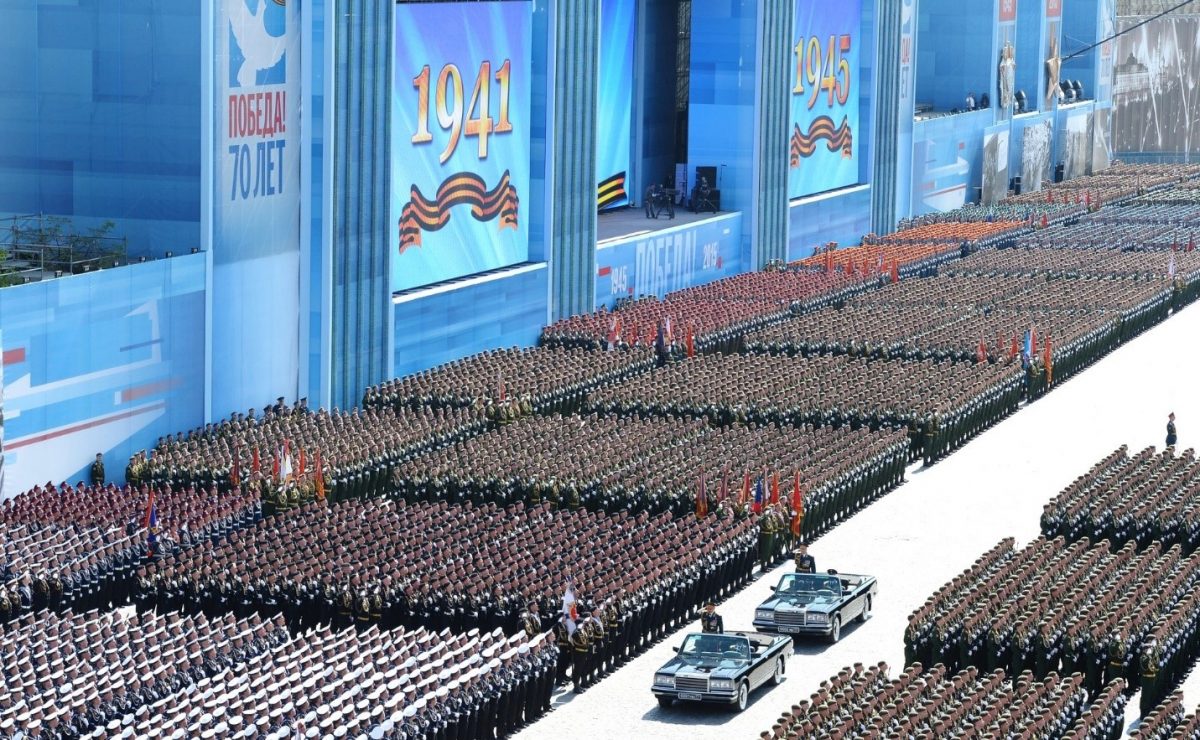Across the planet, knowledgeable governments and seasoned international observers are warning of the rapid slide towards world conflict brought about by Russia and China.
Both Putin and Xi face existential threats, largely of their own making, to their respective dictatorships. Rather than alter their failed policies, they seek to divert attention from their home-grown disasters.
Russia is, in essence, a criminal enterprise masquerading as a national government. The former commissars of the USSR are now oligarchs who take so much from honest enterprises that they have prevented any opportunity for prosperity. Instead of changing course, they spin myths about foreign threats and the need to re-establish the Soviet Empire; the attackon Ukraine is part of that. They don’t commit resources to developing a sound economy. They have chosen to develop the world’s leading nuclear weapons arsenal and other advanced weaponry, state expenditures they can take a “piece of the action” of and further their personal bank accounts.
China’s situation is more complex. The ruling Communist Party imposed a societal compact. In return for increasing prosperity (largely derived from selling goods to the West) the population surrendered individual freedom, accepting top-down rule over their lives. For many years, that formula prevented any dissent. But the country now faces a substantial economic downturn. Xi has decided to make a sharp turn away from the liberalized financial policies that provided a booming increase, and return to Maoist-style control. His commitment to that is so intense that he imposed harsh rule on Hong Kong, killing an area that could have provided a vital spark to his economy. As prosperity flounders, so too does that social compact.
Beijing, similar to Moscow, is attempting to substitute a pretended threat from abroad for financial stability as a means of keeping the loyalty of its people.
Two leaders, desperate to keep control by any means, are protecting their rule by endangering the world.
Former U.S. Secretary of State Henry Kissinger, who is not prone to exaggerated claims, in a discussion with the United Kingdom’s Daily Mail , emphasized that America is “on edge of war with Russia and China.”
Some are paying attention, some are not. Two nations considered adverse to military matters since the end of the Second World War are shifting course in response to the enhance threats from Moscow and Beijing. Utterly devastated by their defeat in that conflict, Japan and Germany shied away from fielding significant armed forces. Japan adopted a “Peace Constitution,” and Germany has essentially relied on the United States and NATO for its defense.
But as the challenges from Russia and China have grown too large to ignore, and as the Biden Administration has demonstrated reluctance to continue America’s key role in global vigilance against aggression, both Tokyo and Berlin have taken steps to address the danger.
For decades, Germany has underfunded its military and depended on its allies to protect it. But as the threat from Russia has grown, demonstrated clearly by the Ukraine invasion and Putin’s bellicosity in general, it is taking a new interest in defense. Georg Löfflmann, writing for the United Kingdom’s Spectator, reports that “In a historic speech to the German parliament … the chancellor Olaf Scholz announced a radical departure…from decades of German post-war foreign policy doctrine. Germany’s military reticence would end – as would its strategic diplomatic and economic engagement with Russia.”
Japan’s leaders have responded to the growing threats from joint Russian-Chinese maneuvers close to the island nation’s home waters with enlarged support for its defense forces. It is expected that self-imposed caps on military spending will be eliminated in future budgets.
In the U.S., however, the Biden Administration continues to provide budgets that reduce Pentagon spending power.
Photo: Russian troops at the 2015 Moscow Victory Day parade By Kremlin.ru, CC BY 4.0
